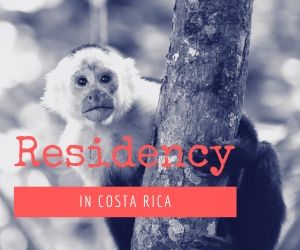I've heard that story about "Green Go" before but I've always wondered "Why would native Spanish-speaking people us the word "green" instead of verde?"
Here is some information on the term "gringo" from Wikipedia:
Some disagreement exists among English speakers regarding whether gringo is a derogatory term. The American Heritage Dictionary and other English dictionaries classify the term as "offensive slang", "usually disparaging" or "often disparaging".
The term gringo does lend itself to derogatory, paternalistic or endearing connotations sometimes, depending on the context and the intent of the user. However, many native speakers who use it do not do so pejoratively, as is also the case with some English speakers.
The enunciation of the word can often give away whether it was meant in a derogatory manner or not. There is furthermore some variation in the connotation of this word from country to country within Latin America, and between Latin America and the Anglosphere.
Meaning
* The Anglosphere: Hispanic migrants to the USA occasionally use the term as a more derogatory synonym of Anglo, though the word gabacho is often used instead.[7]
* Mexico, Central America, the Spanish-speaking Caribbean, South America: In these areas the word may mean specifically a citizen of the United States. In the popular column, "Ask A Mexican" the author states the Mexicans do not refer to North Americans as gringos. The author says that the proper term is gabacho as used by native Mexicans to refer to US citizens.[7] Gabacho is mainly a border-region term, though.
* In Central America, the word is not pejorative, merely used to refer to a person from North America. In the Caribbean (especially Cuba and Dominican Republic the term refers to U.S. citizens. In the Dominican Republic it also means a non-free range store bought chicken (pollo gringo).[1] In Puerto Rico, the term refers to American Citizens in the U.S. mainland.
* In South America (excluding Venezuela), the word is not pejorative. In some countries it may be used to refer to any foreigner who does not speak Spanish, but in other countries it is used just or especially to refer to U.S. citizens.
* In Peru the word gringo is generally often used in the countryside (sierra) for all Europeans and North Americans of white skin. In Lima, gringo is also used to refer to Peruvian white people, not only to U.S citizens. It is not pejorative.[citation needed]
* In Brazil the word gringo is used to refer to foreigners from any country, not only the United States.[2]
Etymology
According to the Spanish etymologist Joan Coromines, gringo is derived from griego (Spanish for "Greek"), the proverbial name for an unintelligible language (a usage found also in the Shakespearean "it was Greek to me" and its derivative "It's all Greek to me"). From referring simply to language, it was extended to people speaking foreign tongues and to their physical features - similar to the development of the ancient Greek word βάρβαρος (bárbaros), "barbarian".[8][9][10]
Still, scholars are not in agreement about the correct origin of this word.[3]
You'll have to click on the link to read the footnotes and references:
http://en.wikipedia.org/wiki/Gringo








